Category: Apps
-

Virtual clinic uses apps, VR, data, wearables in remote care
USC’s Center for Body Computing, led by Professor Leslie Saxon, has created the Virtual Care Clinic, featuring vetted, best of class partners providing integrated remote healthcare solutions. The eight initial partners are Doctor Evidence, IMS Health, Karten Design, Medable, Planet Grande, Proteus Digital Health and VSP Global. Mobile apps, virtual doctors, data collection and analysis systems,…
-

Wearables + app + AI for personalized fitness coaching
Under Armour has partnered with IBM Watson to create a fitness app called Record. Exercise, sleep and food intake are recorded from wearables, apps, and one’s own entries, and analyzed by Watson, which provides personalized coaching based on the data of others with similar fitness profiles. Wearable Tech + Digital Health San Francisco – April…
-
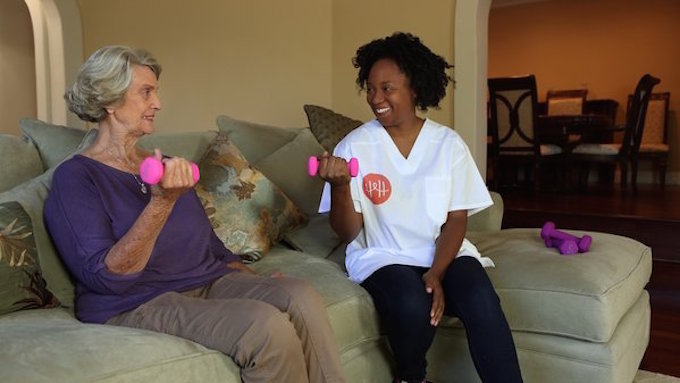
Senior caregiver matching + crowdfunding
HomeHero is a senior caregiver site that uses an algorithm to match families with carers, and provides video interviews, daily, mobile access to care reports and security camera feeds. While it is not the only caregiver matching site, it is perhaps the slickest, and has one standout feature — the ability to crowdfund care via…
-
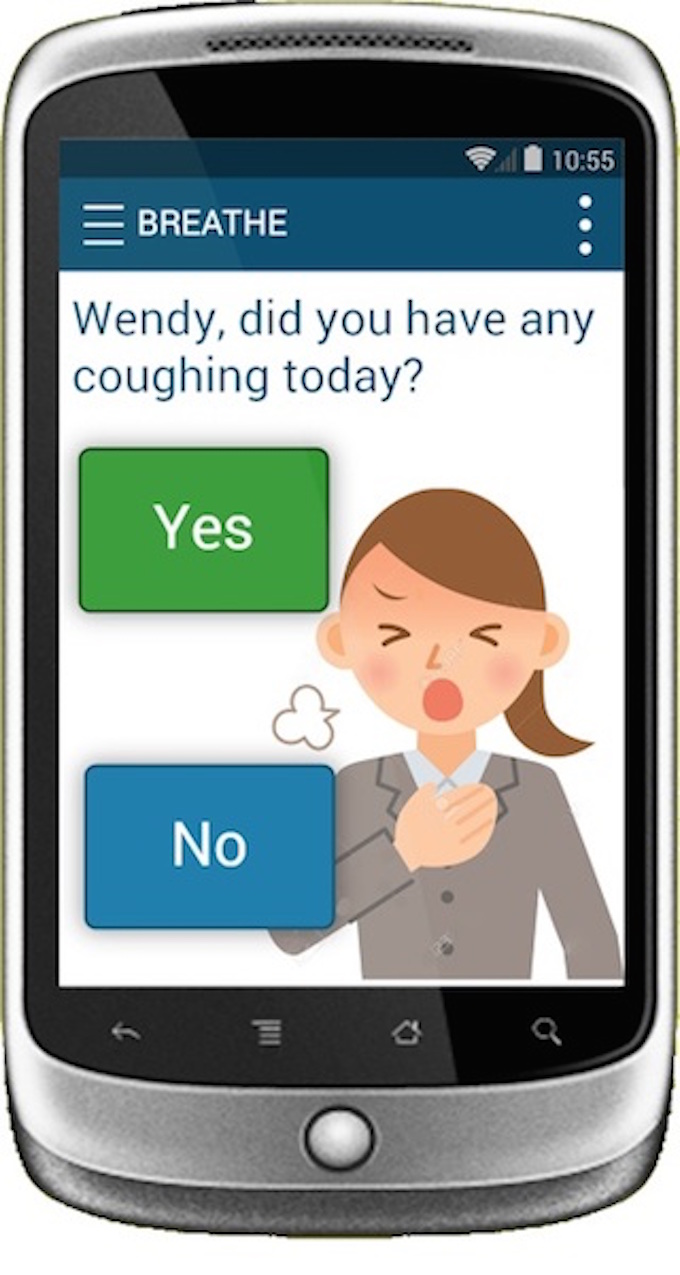
Wearable, home, school sensors + app predict asthma attacks
ApplySci is pleased to report another sensor-based initiative to combat asthma. Alex Bui and colleagues from UCLA and USC are creating technology for smart phones and watches to identify asthma attack triggers. The program is part of the National Institute of Biomedical Imaging & Bioengineering’s Pediatric Research using Integrated Sensor Monitoring Systems initiative. The platform will transmit data to a phone from…
-
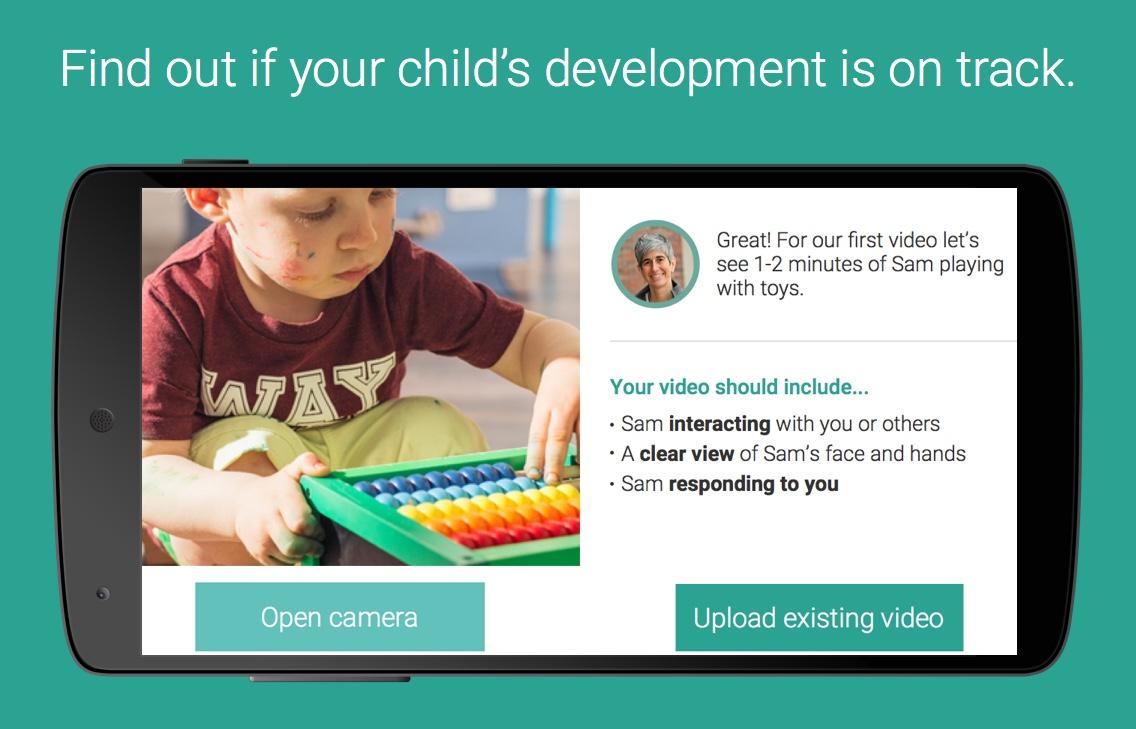
App identifies early signs of autism
Cognoa is an app that asks parents to answer 15 questions about behavior to indicate whether their child is at risk of autism. It is based on data from 10,000 children and validation studies led by Stanford professor Dennis Wall. The system focuses on specific behaviors from standard diagnostic instruments that have the highest value for…
-
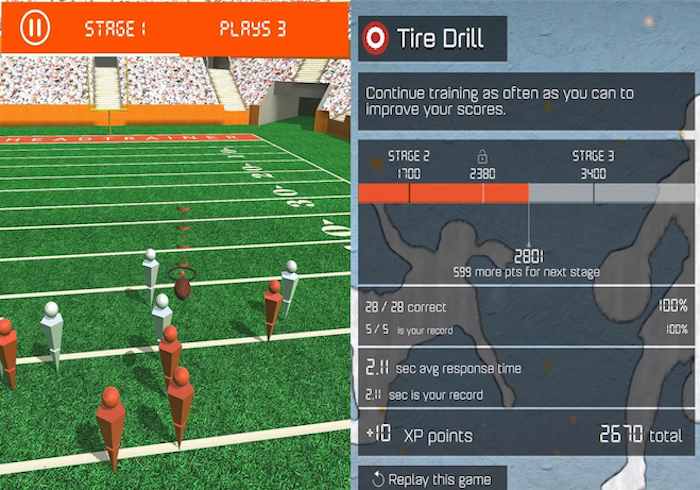
Sport performance game app to train the brain
Games are increasingly recognized as a method of enhancing cognitive abilities. HeadTrainer is meant to improve the brain with 5-10 minutes of daily gameplay. The sports games were designed to exercise 5 cognitive skills: decision making, processing speed, focus, memory, and visual/spatial awareness. Developer Deborah Attix of Duke University focused on testing and training the brain with…
-

Video messaging app for the hearing impaired
Glide combines the concepts of WhatsApp with Skype, enabling users to send short videos of themselves. It has become a popular communication tool for the hearing impaired, who use it for sign language messaging. The app has 20 million registered users. The company hopes to soon offer instant subtitles for sign language, and the ability to convert…
-
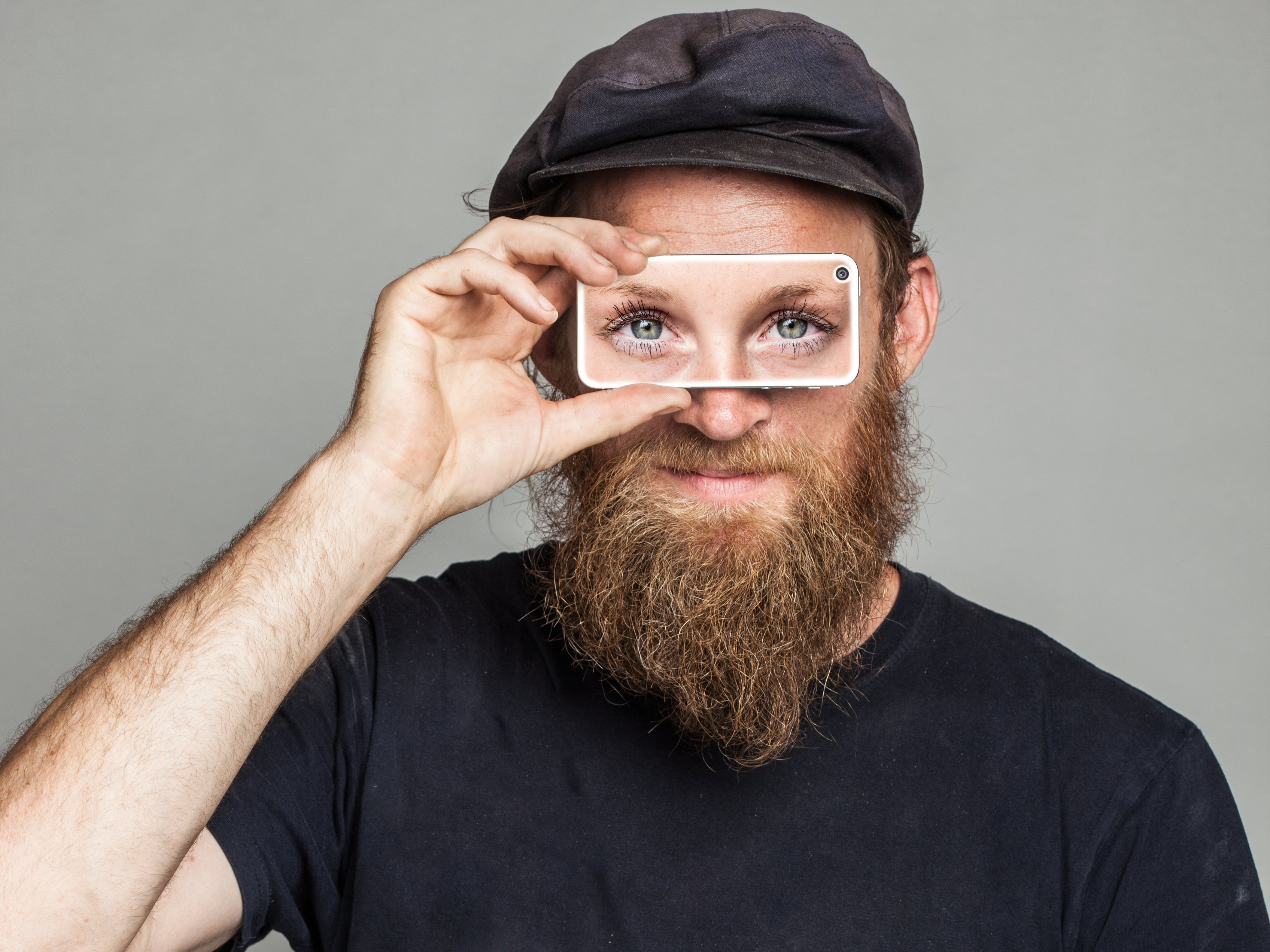
App lets sighted people help the visually impaired
Be My Eyes allows the visually impaired to receive help from people who can see via a live audio-video connection. Sighted users can guide a person while looking through a phone’s rear camera. When a visually impaired person asks the app for assistance, the Be My Eyes helper network is alerted, and an available member helps. Examples…
-
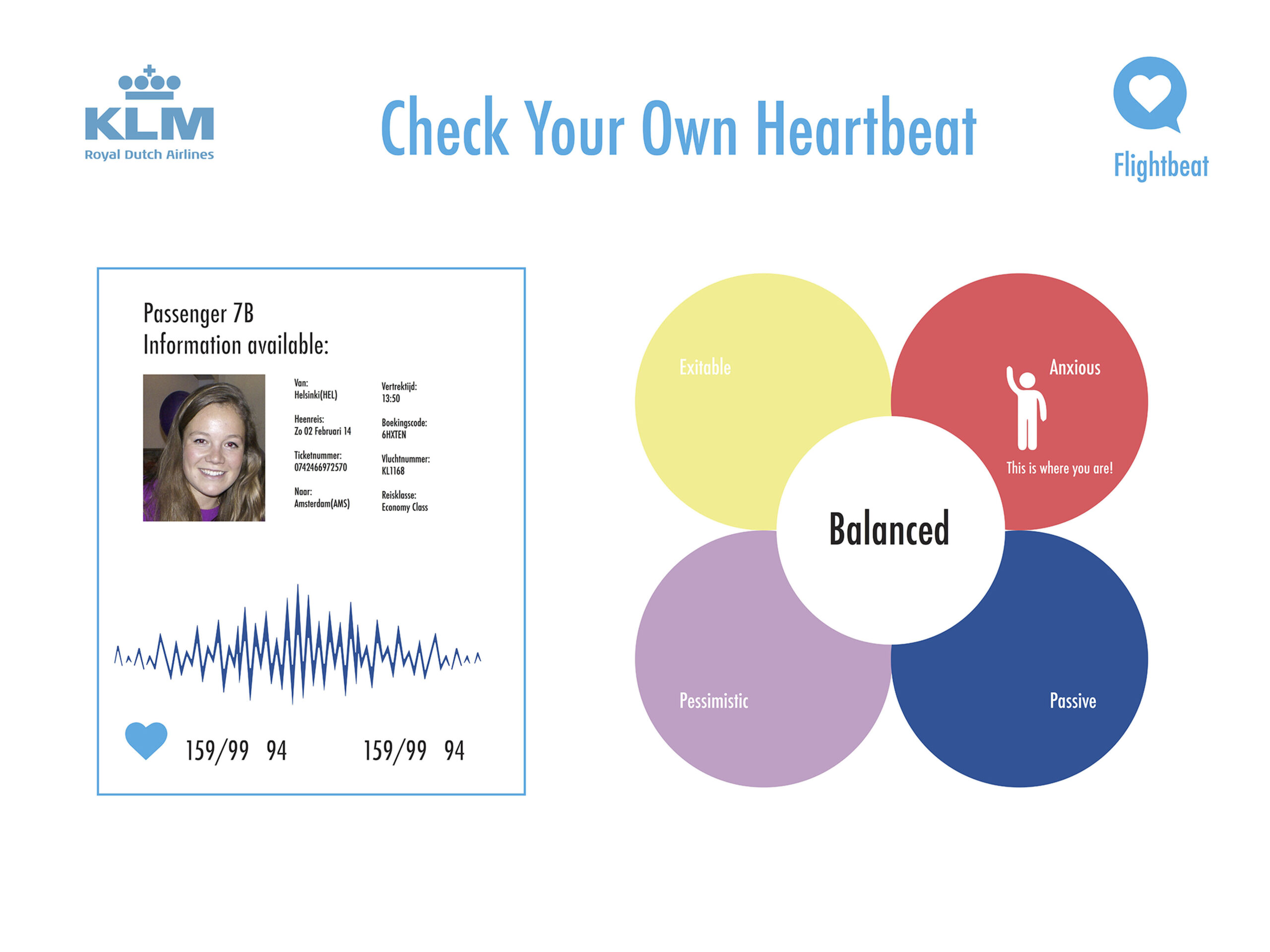
Airplane seat sensors monitor physical, emotional states
FlightBeat, designed by TU Delft students, uses airplane seat integrated heart rate sensors to monitor the physical and emotional state of passengers. Data is transmitted wirelessly to the crew, and presented on a color-coded seat map showing which passengers need attention. Health information can also be sent to physicians or family members on the ground. The goal…
-
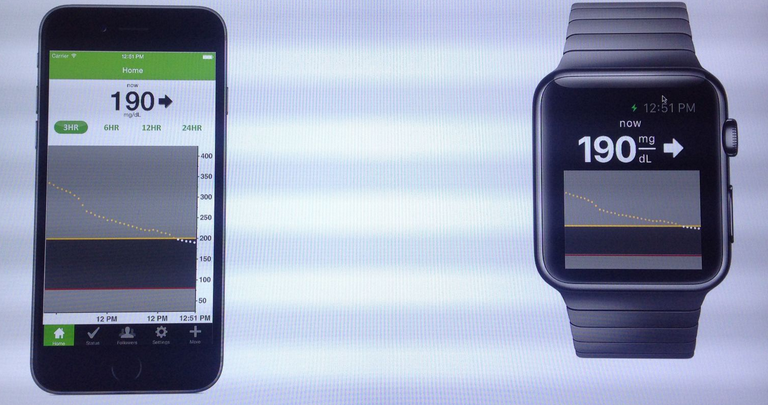
Apple watch will track glucose
The forthcoming Apple Watch will include the DexCom glucose tracking app. To use it, a tiny sensor must be placed under the skin to measure glucose levels every five minutes. Results will be displayed on the watch with a simple graph. While DexCom has FDA approval, due to recent a recent FDA clarification on wearable devices, other…
-

App helps diagnose TBI in soldiers; can identify depression, PTSD
The US Army and AnthroTronix have developed an app that provides data to help diagnose and measure brain injuries in soldiers. The “DANA” includes 5, 20, and 45 minute neurocognitive tests and psychological survey questions. The data will help doctors diagnose traumatic brain injury and identify depression, post-traumatic stress, and other neurocognitive issues. The game-like test includes exercises…
-
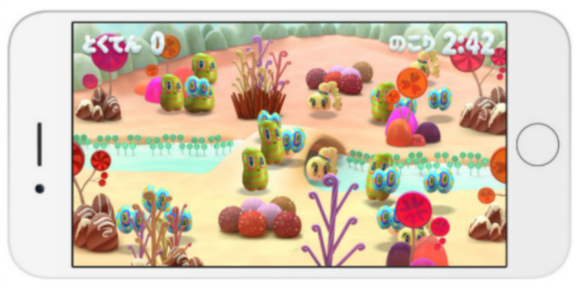
Smart, gamified children’s toothbrush
In an effort to improve children’s oral health, the GUM Smart Toothbrush attachment uses acceleration and other sensors to determine ideal brushing patterns. The information is sent in real time, via Bluetooth, to a smartphone. Brushing movement and timing is analyzed, recorded and displayed. Previous data is available to gauge progress. Children then participate in a…